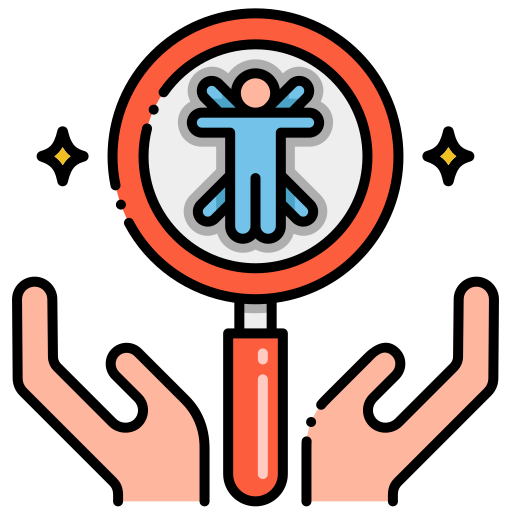

Graphene, the superconductor hoax, the quantum electron model all would like to disagree.
Even though you might not need to calculate anything with it, it certainly applies in your daily life. (although the electron model maybe mostly for high school students)






Sir, this is a Wendy’s.